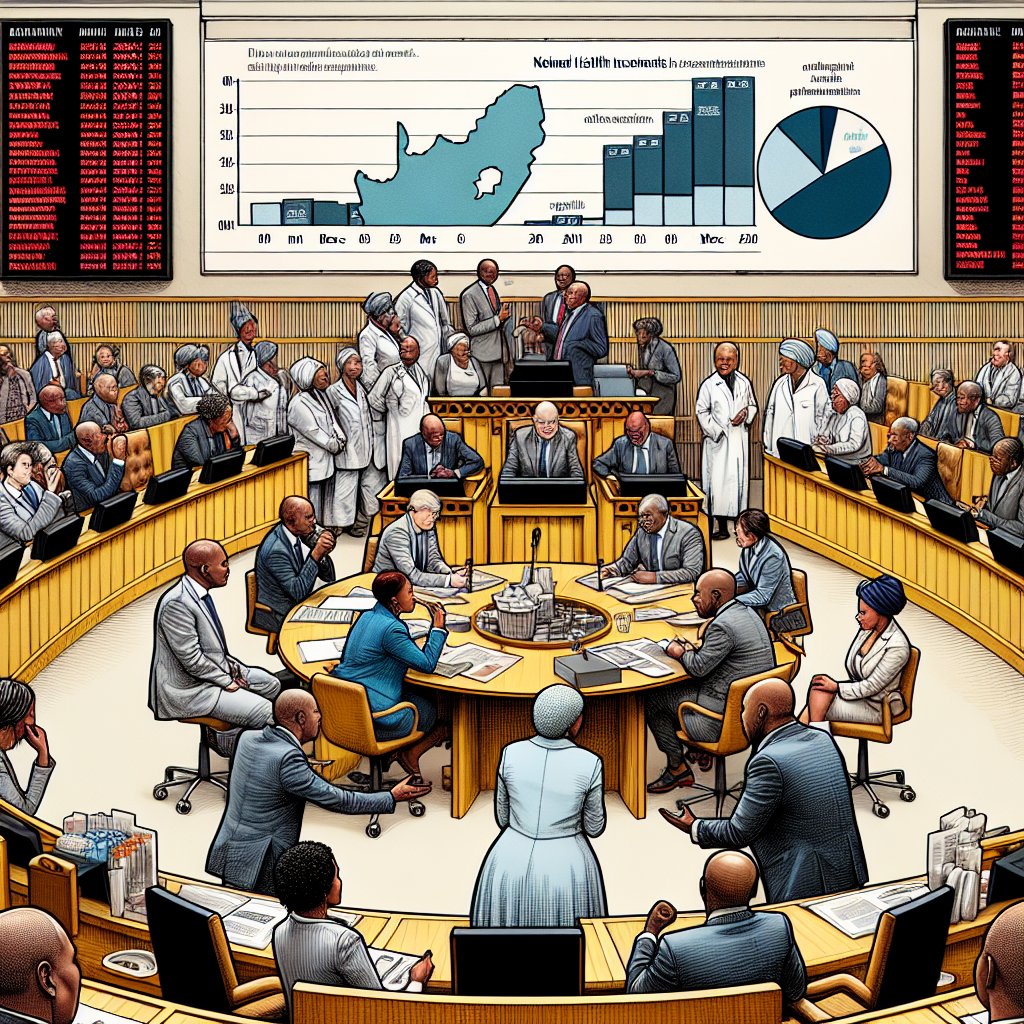Image: AI generated for illustration purposes
South African MPs Postpone National Health Insurance Vote Amid Pressure and Concerns
The advancement of South Africa's groundbreaking National Health Insurance (NHI) Bill has hit a snag after lawmakers in the National Council of Provinces acceded to demands to push back the voting date. The national assembly, under immense pressure from a cohort of dissenters that include opposition parties, the healthcare industry, and business communities, paused to reassess the situation, targeting December 6 for a prospective decision.
This bill, in the center of political discourse, proposes a radical revamp of the current health system. The intent is to establish a state-administered fund that guarantees universal access to quality healthcare, thereby addressing the imbalance in service provision due to socioeconomic disparities. In a country marked by inequity, this legislative shift promises to be a significant step towards egalitarian healthcare.
Nevertheless, the South African Health Professions Collaboration, alongside voices from other spheres, strongly cautions against hastening the bill into law. Representing 25,000 medical professionals, the SAHPC has expressed apprehension over the apparent lack of detailed consultation with key stakeholders and has called for substantive amendments to the bill, which they believe could otherwise lead to adverse economic impacts and healthcare delivery challenges. The pervasive fear echoed by critics is that unmodified adoption of the bill might precipitate legal challenges citing constitutional breaches regarding the rights of patients and healthcare workers.
Moreover, the financial viability of the NHI implementation is a hot topic of debate. With an estimated need of approximately 500 billion rand ($27 billion), there exist significant questions about the government's plan for funding the NHI. Critics argue that the bill does not provide a clear blueprint for the procurement of these funds, but vaguely indicates a reliance on general taxation, payroll taxes, and restructured tax credits.
Amid South Africa's stark economic contrasts, about 16% of the population is covered by private medical insurance, reflecting more than half of the national health expenditure. The proposed NHI targets this imbalance, and the over-stretched public health system, which serves the remaining 84% of South Africans, stands to benefit. Notably, Discovery Ltd., South Africa's most extensive medical-insurance provider, points out the irony that those who seek private healthcare also significantly contribute towards financing the public healthcare system through taxes.
As the debate rages on, with Business Leadership South Africa's CEO Busi Mavuso warning of the potentially detrimental outcomes if the NHI is implemented in its current form, all eyes are on December for the eventual unfolding of this legislative and societal saga.



